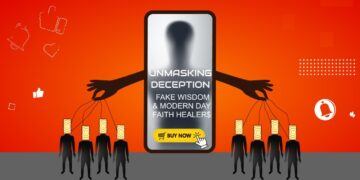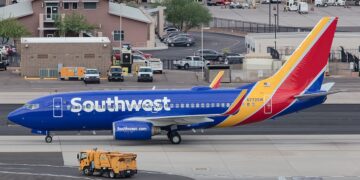Spotify, the popular audio streaming platform, is making changes to its advertising policies in a move to boost its annual profits. Specifically, the company is pulling select advertising privileges for white noise podcasts, which are a type of ambient noise podcast that features looping relaxing sounds like rain or static. The decision was announced in an email to creators as part of Spotify’s Ambassador Ads program, which pays creators to read ads promoting Spotify content. Starting from October 1st, white noise podcasters will no longer be eligible to participate in the program.
According to a report by Bloomberg, Spotify will no longer allocate its marketing budget to support white noise podcasters through ambassador ads. However, these creators can still generate revenue on the platform through other means, such as paid subscribers, listener support, and automated ads. Automated ads are third-party ads that are automatically placed into shows, similar to the advertising model used by YouTube. The decision to pull advertising privileges for white noise podcasts reportedly stems from the belief that the money allocated to these creators was not well spent, as ambient noise playlists often serve as background noise rather than engaging active listeners.
Some white noise podcasters have been able to make up to $18,000 a month in ad revenue by playing repetitive ambient sounds, according to a source cited in the Bloomberg report. Spotify’s Ambassador Ads program compensates creators based on impressions, with the potential for significant earnings for popular white noise podcasters. In leaked documents from January, it was revealed that white noise and ambient podcasts were unintentionally promoted as part of Spotify’s efforts to highlight talk-based content over music. These types of podcasts accounted for around 3 million hours of daily listening on the platform. Spotify estimated that it could increase its annual gross profit by $38 million if it removed white noise podcasts from its talk feed and redirected listeners towards other types of content, but this plan was never implemented.
In addition to the changes regarding white noise podcasters, Spotify has also made adjustments to its Ambassador Ads program. The audience threshold required for conventional podcasters to participate in the program has been increased from 100 to 1,000 unique Spotify listeners over the past 60 days. The company has also expressed its intention to invite more podcast hosts to its Automated Ads program. Participants in the Automated Ads program can expect a 50 percent split of the revenue generated.
The motivation behind Spotify’s decision to pull advertising privileges for white noise podcasts can be attributed to the company’s efforts to retain cash and increase profitability. Despite a 27 percent increase in paying subscribers, reaching a total of 220 million, Spotify has been experiencing mixed success in recent years. The company’s revenue per subscriber has decreased by around 6 percent. To address this situation, Spotify has implemented several waves of layoffs, including cutting 200 roles from its podcasting division in June.
Overall, Spotify’s decision to limit the advertising opportunities for white noise podcasts highlights the company’s focus on improving its financial performance. By reallocating its marketing budget and adjusting its advertising programs, Spotify aims to maximize its profits while directing listeners towards more engaging content. These changes also reflect the broader challenges faced by the streaming giant as it seeks to optimize its revenue and navigate a competitive audio streaming landscape.































































